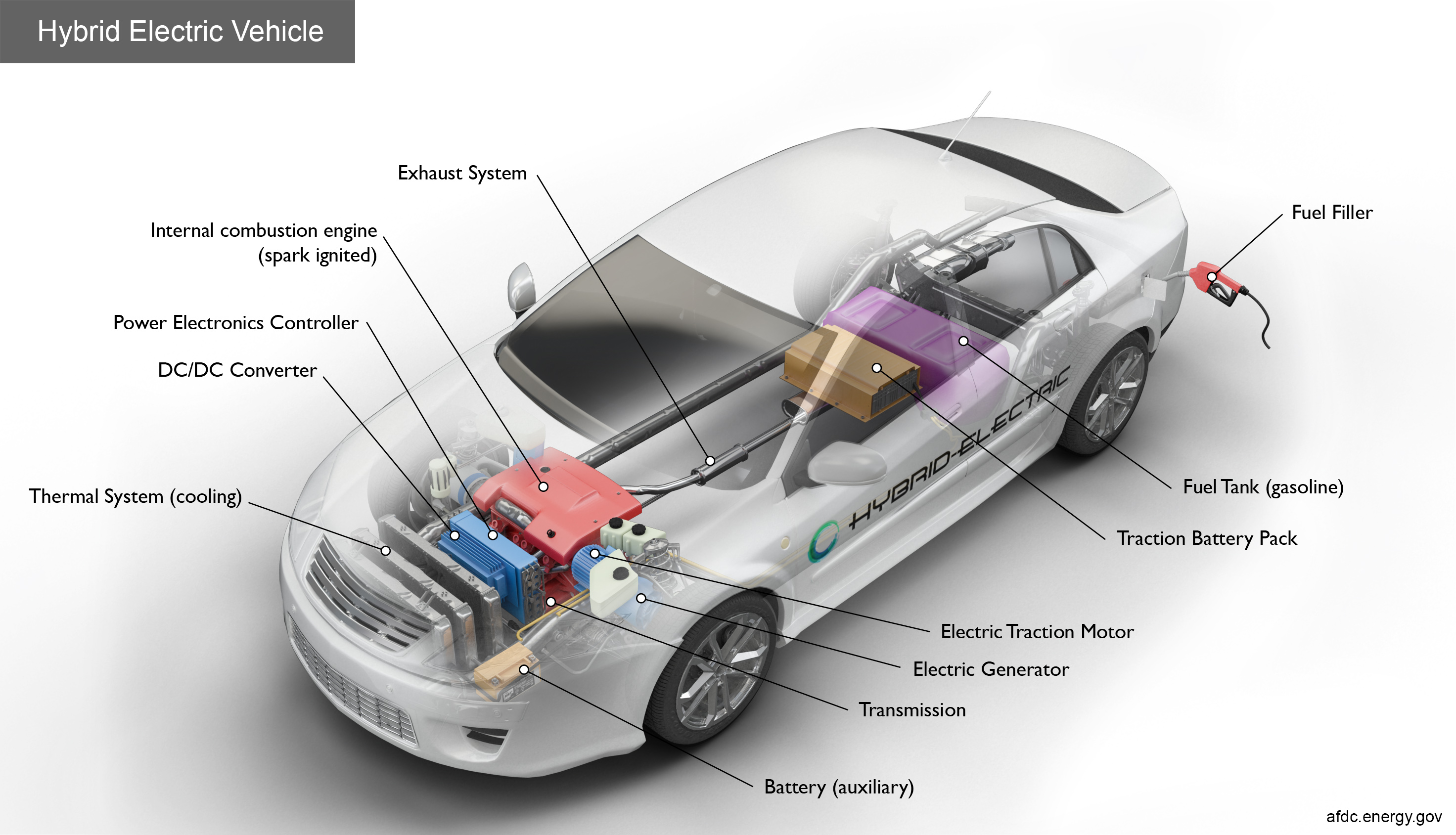Shop At Haya: Your Ultimate Shopping Guide
Discover the best shopping tips, trends, and deals for a smarter buying experience.
Is Your Next Car a Hybrid? Let's Debate the Future of Driving
Discover the pros and cons of hybrid cars in our lively debate. Is your next vehicle a hybrid? Join the conversation and find out!
The Environmental Impact of Hybrid Cars: Are They Really Greener?
The rise of hybrid cars has sparked a significant debate regarding their environmental impact. Initially designed to reduce reliance on fossil fuels and lower emissions, hybrids combine a traditional internal combustion engine with an electric motor. This duality not only enhances fuel efficiency but also decreases greenhouse gas emissions compared to conventional vehicles. However, critics argue that the production and disposal of lithium-ion batteries used in hybrid vehicles can generate considerable environmental concerns, including resource depletion and pollution. Ultimately, while hybrid cars offer a promising solution for minimizing carbon footprints, their overall greener credentials require a more nuanced assessment.
Another critical aspect to consider is the lifecycle impact of hybrid vehicles. According to some studies, the initial environmental benefits may be negated by the ecological toll of battery manufacturing, which involves mining metals like lithium, cobalt, and nickel. Furthermore, the energy sources powering the electricity for hybrid and electric cars significantly influence their true environmental footprint. If the electricity is generated from renewable sources, the benefits are amplified; however, relying on fossil fuels can diminish the positive impacts. Thus, when evaluating whether hybrid cars are genuinely greener, it is essential to take into account the entire lifecycle—from production to disposal—rather than focusing solely on emissions during operation.

Hybrid vs. Traditional Gasoline: Which Option Saves You More Money?
When considering the financial implications of hybrid versus traditional gasoline vehicles, it's essential to evaluate upfront costs, fuel efficiency, and long-term savings. Hybrid vehicles generally have a higher initial purchase price, often due to advanced technology and battery systems. However, they are designed to be more fuel-efficient, which can lead to significant savings at the pump over time. For instance, a hybrid can typically achieve 50 miles per gallon or more, while traditional gasoline vehicles may average only 25 miles per gallon. This higher efficiency can reduce fuel expenditures, especially for drivers who rack up high mileage annually.
Moreover, ownership costs extend beyond just fuel savings. Hybrid vehicles often qualify for tax incentives and rebates, which can offset their initial purchase price. Additionally, lower maintenance needs—such as less frequent oil changes and fewer brake replacements—can also contribute to long-term savings. In contrast, traditional gasoline vehicles may incur higher costs over their lifespan due to more regular repairs and less efficient fuel use. Ultimately, while hybrid vehicles might seem like a larger investment upfront, the cumulative savings on fuel and maintenance can position them as the more economical choice in the long run.
What You Need to Know Before Switching to a Hybrid Vehicle
Switching to a hybrid vehicle can be a smart decision for environmentally conscious drivers and those looking to save on fuel costs. However, what you need to know before making the leap includes understanding the different types of hybrid vehicles available, such as plug-in hybrids and conventional hybrids. Each type offers varying levels of electric-only range and fuel efficiency, which cater to different driving needs. Additionally, you should consider the potential savings on fuel and maintenance, as hybrid vehicles generally do produce fewer emissions, which can also lead to reduced taxes and incentives in some regions.
Another important aspect to consider is the upfront costs versus long-term savings. While hybrid vehicles often come with a higher initial price tag compared to their gasoline counterparts, the fuel savings can offset this cost over time. It's crucial to perform a thorough cost-benefit analysis based on your driving habits and local fuel prices. Furthermore, keep in mind the availability of charging stations if you opt for a plug-in hybrid, as having convenient access to charging points can significantly enhance your hybrid experience.